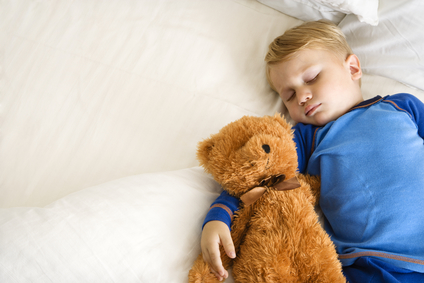Why I Let My Son Cry It Out And Why I Would Do It Again
Here’s my confession, a few times our son cried for 45 minutes before falling asleep. Here’s my other confession, he started sleeping through the night at week 11. By week 12 it was every night. With only two exceptions, he has slept at least 8 hours at night his whole life since week 12.
It saved my sanity, my physical well being, my ability to be responsive to my child and maybe my marriage.
My sleep story:
I have had problems sleeping since a teenager. When I have too little sleep, even just for a few nights, I’m angry, stressed, easily frustrated and often self-centered. When I’m tired, my digestion gets weak- it’s always weak but especially when I’m tired. So, I don’t eat much when I’m tired. Guess what makes me super cranky other than being tired, being hungry with a yucky tummy all the time.
When I’ve slept well, I’m calm, creative and passionate about helping others. I feel it’s an act of generosity to my community when I’m well rested, because I’m so much more helpful and available.
Also, I’m a much better mom, by miles and leaps, when I’m well rested. This post is to help other moms, who fall apart easily with too little sleep, feel okay with helping their children learn to sleep. It’s okay to do what you need to do for better sleep and to be a better mom, even if your child cries here and there.
How we did sleep guidance with our son:
We did the classic sleep guidance with him starting at 5 weeks old and it was working wonderfully. We spaced out his feedings. Had him go to sleep for naps from a sleepy but awake state. Made sure he was able to sleep fully for each nap and night, so no car or errand sleeping. Tricky to do but worth it.
He had dropped all night feedings except one, by week 9 all on his own, no night crying. At week 11 we decided to stop giving him a pacifier at his night waking and he cried for 45 min. Then, every night after, slept at least 8 hours and generally 10-11. Ahhhhhhhh, sweet relief.
How to implement sleep guidance- very condensed version:
Many studies show that over 80% of babies who were offered sleep guidance, were able to sleep through the night by 6 months of age- many by 4 months- often with no long crying fits.
Many sleep guidance practices follow a daily rhythm based on responsive caregivers being attuned to what the baby needs as well as guide him towards a more consistency. This daily consistency helps babies regulate their system and naturally sleep better for naps and at night.
When you help guide your baby’s sleep, you simply attune to when they are sleepy and hungry for the first month or two. Then when you see a pattern and there is always a pattern- see 90 min sleep solution– start guiding your baby towards a consistent rhythm around this pattern. Most importantly, feed your baby after she wakes, let her have play time, when she is drowsy, put her down for a nap while she’s awake and sleepy. Let her fuss and quickly she will learn to sleep at naps, and at night, all on her own.
If you didn’t do sleep guidance with your infant and you now have a toddler with sleep issues, the dreaded Cry It Out is almost always the ticket to a much happier family and not the big bad monster everyone fears. Actually, every well done study I’ve found shows definitively that long term sleep deprivation is the biggest, baddest monster in the house.
As for Cry It Out, CIO, you might be surprised to find out that “of all the studies of sleep training, not a single one has identified a negative effect on babies’ behavior or relationship with caregivers.” (reference) Yet, there is vast amounts of research that prove sleep deprived parents are stressed parents who are not as responsive or attuned.
Here’s a great New York Times article about the effectiveness of ALL sleep training/guidance methods when applied consistently. A quote from the article:
Even on a short-term basis, the task force reported, “Infants who participated in sleep interventions were found to be more secure, predictable, less irritable and to cry and fuss less following treatment.”
While teaching a child to sleep independently can be emotionally wrenching for all those involved, Dr. Mindell said, “Parents need to understand that they’re not doing it for selfish reasons. Their children benefit greatly.”
The fear of CIO is emotional problems or lack of attachment from crying. For most parents, sleep deprivation causes so many emotional and later physical problems that it is much more difficult to be responsive and attuned to the child. Which is worse, a few nights of potentially long crying by the child or extended years of dis-regulated kids and stressed parents? Really, it’s up to the parent to decide.
Either way, sleep guidance or not, may you enjoy sleep, nourishment and peace with increase everyday.


